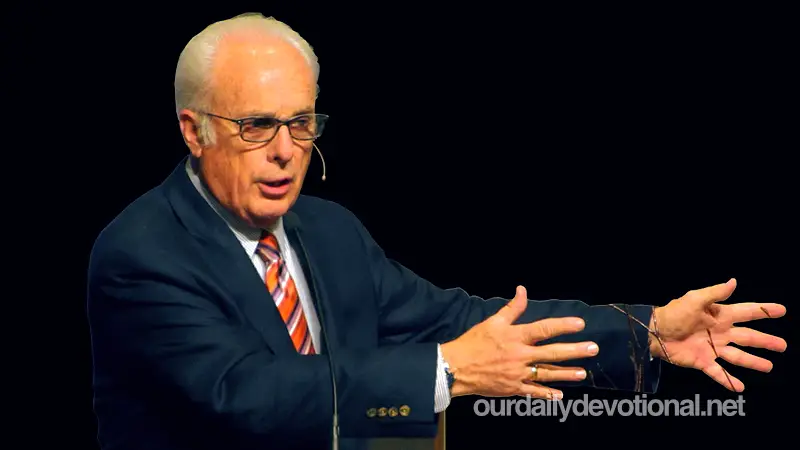
Are You Marrying the Right Person?
Living as becomes you with complete lowliness of mind (humility) and meekness (unselfishness, gentleness, mildness), with patience, bearing with one another and making allowances because you love one another.
Ephesians 4:2 (Amp.)
Sometimes people question if they are marrying the right person. This is especially true in the first couple of years when a partner’s differences unfold. The following discovery process of differences is typical.
You are vaguely aware of the differences when you first marry. At the time, you certainly wouldn’t say that your partner is different—more likely “unique.”
After a while, however, it is different. At first you may try to accommodate. You tolerate, overlook or deny differences to avoid conflict.
Then you eliminate, or try to purge, the differences in one another by demanding, pressuring or manipulating.
Then you start to appreciate because you discover the differences are necessary and indispensable.
They are essential. Because of this you are able to celebrate them. You delight in them. You welcome them. You encourage their growth.
Couples discover through this process that they didn’t marry the wrong person. Think about this:
In reality, we marry the right person—far more right than we can know.
In a mysterious, intuitive, perhaps instinctive fashion we are drawn by both similarities and differences, by needs and anxieties, by dreams and fears to choose our complement, our reflection in another.
We always marry the right person, and the discovery of that rightness moves us into the third marriage within a marriage.
We at last begin to appreciate what we had sought to eliminate.
As we each discover that we knew more than we knew when we chose whom we chose, appreciation begins to break into a gentle flame.
In appreciation, we discover that people who marry each other reflect each other. . . . The two express their self-image and self-valuation in the person selected.
People who marry each other complete each other in a puzzling yet pronounced way. The missing is supplied, the imbalanced is brought into equilibrium, the dormant is enriched by what is dominant in the other.
Well, what do you do now? Study your partner. Study yourself. Decide how you could respond differently.
Expand your knowledge of gender differences, personality differences, and how to speak in a language that your partner understands.
You may be surprised and amazed by what you discover. And you know what? It will be worth the minimal amount of time it will take to bring a new and better level of harmony and adjustment to your marriage.
It’s an ingredient for a lasting marriage. It will help you celebrate your differences.
The adventure of marriage is discovering who your partner really is. The excitement is in finding out who your partner will become.
H. Norman Wright
H. Norman Wright is a licensed Family Counselor and child therapist and has taught in the Grad. Department of Biola University. He is the author of more than seventy books






